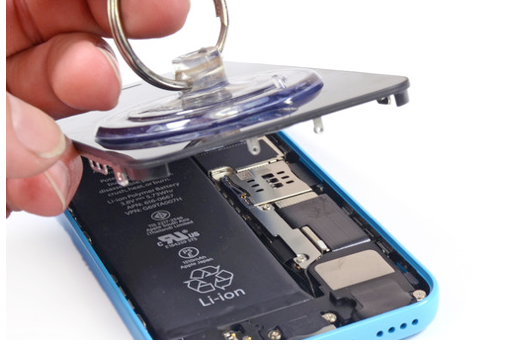CommentsENCRYPTION DEBATE-Tuesday afternoon, Apple CEO Tim Cook sent an email to its customer base, addressing the FBI’s request that Apple build a “backdoor” to the iPhone following the San Bernardino terrorist attack and Apple’s commitment to safeguard data through encryption.
“Smartphones, led by iPhone, have become an essential part of our lives,” he wrote. “People use them to store an incredible amount of personal information, from our private conversations to our photos, our music, our notes, our calendars and contacts, our financial information and health data, even where we have been and where we are going. All that information needs to be protected from hackers and criminals who want to access it, steal it, and use it without our knowledge or permission.”
According to Cook, in the days after the San Bernardino attacks, Apple has complied with valid subpoenas and search warrants, even making Apple engineers available to advise the FBI. Per the Justice Department’s request, a federal magistrate judge ordered Apple to bypass security functions. The FBI requested a new version of the iPhone operating system that would circumvent security features that would allow anyone to have the ability to unlock an iPhone in his or her physical possession.
Cook explains that building the iOS requested by the FBI to bypass security would create a backdoor. While the government argues that its use would be limited this case, there’s no guarantee. The key to unlocking encryption unlocks data which Cook says is “only as secure as the protections around it,” leaving personal information such as finances, health records, or other personal data vulnerable to hackers and criminals, as well as the government.
Once the new system is created, the same technique could be replicated over and over, leaving businesses, banks, stores, and homes vulnerable to a security breach.
Personal security breaches via technology create substantial problems when systems like retailers, banks, and health insurance providers are hacked. Just last summer, the personal data of over four million federal employees were compromised. The government seems inept at securing its own data but now wants a backdoor to all smartphones that could be used not only in government investigations but could be accessed by everyone from hackers to foreign governments and identity thieves.
What the government is asking is for Apple to essentially hack its own users, despite years of warning by national security experts about the risk of weakened encryption. Instead of pursuing legislative action through Congress, Cook says the FBI is “attempting an unprecedented use of the All Writs Act of 1789 to justify an expansion of its authority.” The Writ gives judges the power to “issue all writs necessary or appropriate in aid of their respective jurisdictions and agreeable to the usages and principles of law.”
The implications go beyond the unlocking of one cell phone, likely providing a test case for the issue of national security vs. privacy. With a court order, the government can now access the text messages and other data of private citizens but there is no precedent as to whether the government could, under court order, demand a company like Apple to redesign an operating system to decode encrypted data. The case could end up before the Supreme Court.
As Ben Franklin wrote, “Those who would give up essential Liberty, to purchase a little temporary Safety, deserve neither Liberty nor Safety.” Perhaps, he was a man ahead of his time.
(Beth Cone Kramer is a Los Angeles-based writer and writes for CityWatch.) Prepped for CityWatch by Linda Abrams.


















